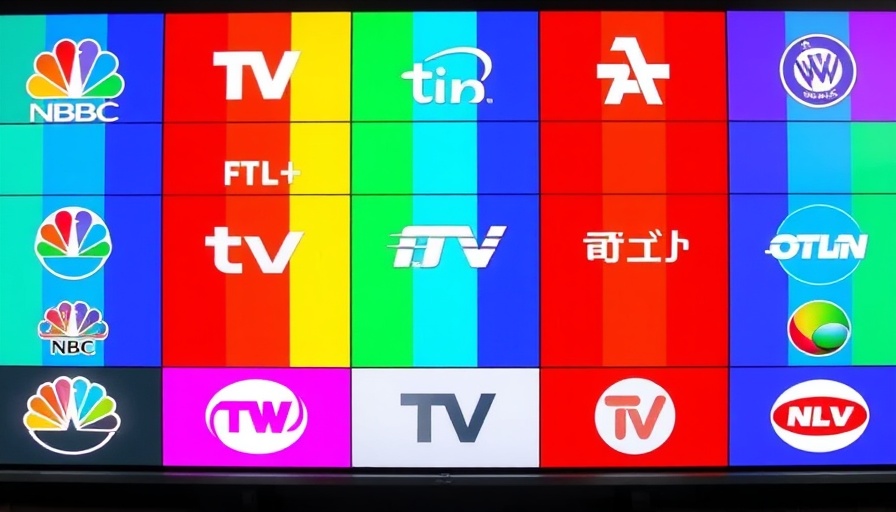
Meta and X Under Fire for Extremist AI Ads Before German Elections
In an alarming revelation ahead of the upcoming German elections, social media platforms Meta and X have been criticized for their failure to effectively moderate extremist content. According to a report by the corporate accountability group Ekō, both platforms approved a series of AI-generated advertisements that made reference to Nazi war crimes and contained overt hate speech. This has heightened concerns about the influence of social media on electoral integrity and public discourse in Germany.
Contextualizing Content Moderation Failures
The ads submitted by Ekō included extremist messages that promoted violence against minorities, called for the revival of concentration camps, and even advocated arson against religious sites. In a just twelve-hour window, Meta approved five ads, while X greenlighted all ten without scrutiny. This lack of oversight has raised critical questions about the moderating mechanisms in place and the inherent risks posed to civic engagement.
The Implications for Digital Ads and User Safety
The responses from both platforms indicate a significant gap in the enforcement of their hate speech policies. While Meta claims that the ads violated its rules, the fundamental flaw lies in the system that permits such content to circulate unchecked. This reflects a toxic business model that prioritizes engagement and profit over factual integrity and user safety, as underscored by Peter Hense from Spirt Legal, stating that platforms have not taken adequate measures to abide by the EU’s Digital Services Act (DSA).
Ad Industry's Response and Ethical Considerations
As advertisers weigh the reputational risks of placing ads on these platforms, many are beginning to reconsider their strategies in light of emerging capabilities that allow for greater scrutiny over content placements. Analysts like Bill Fisher from Emarketer point out that while brands appreciate audience access, there is growing apprehension over the possibility of association with hate-driven content. Companies are seeking assurances that their messaging will not be compromised in unsafe environments.
Growing Calls for Reform and Accountability
The failure to act decisively against hate speech on Meta and X has incited calls for reforms not only at the corporate level but also from regulatory bodies. The approval of such extremist ads could violate strict German laws concerning the glorification of Nazi crimes. As the elections approach, pressure mounts on these platforms to demonstrate compliance and reinforce their content management strategies.
The Path Forward: Evolving Strategies for AI in Advertising
The findings from Ekō serve as a clarion call for urgent action. Stakeholders, including tech leaders, advertisers, and regulators, must reassess the frameworks that govern social media content. Understanding the implications of these revelations could facilitate a more responsible and ethical use of AI technologies in advertising, fostering a digital landscape characterized by safety and accountability. The future of digital advertising hinges on the balance between growth opportunities and social responsibility.
In an era where artificial intelligence poses unique challenges, the call for a robust infrastructure that prohibits extremist content is more critical than ever. Companies must lead the charge toward proactive measures that protect both user rights and societal values.
 Add Row
Add Row  Add
Add 




Write A Comment